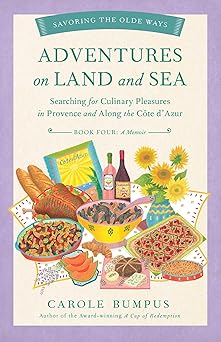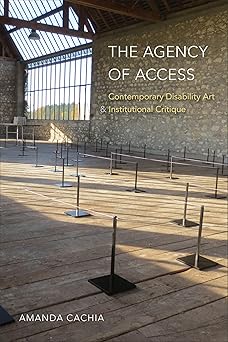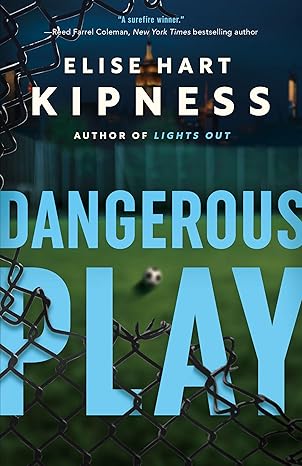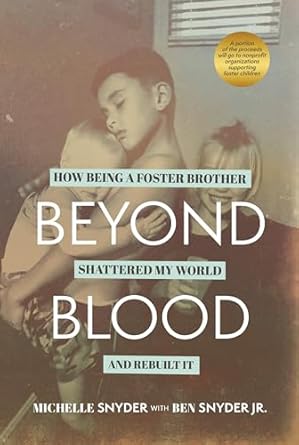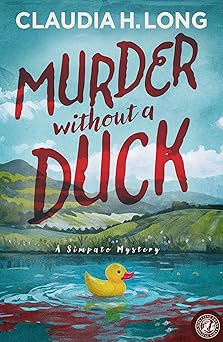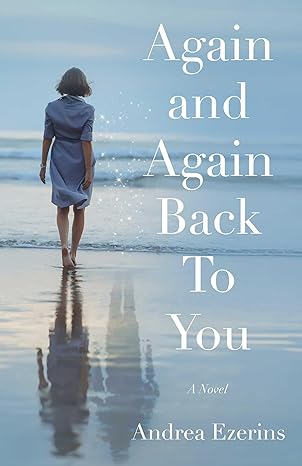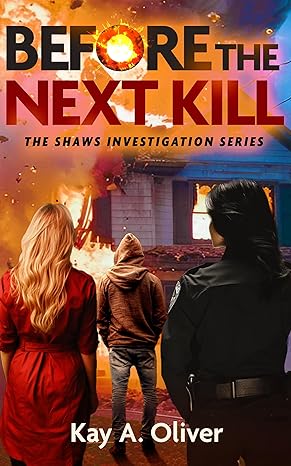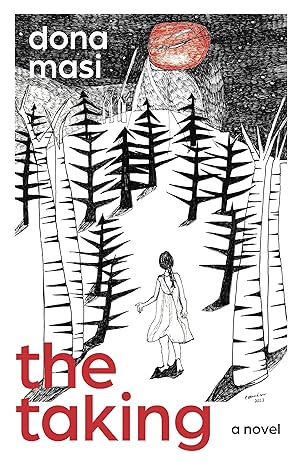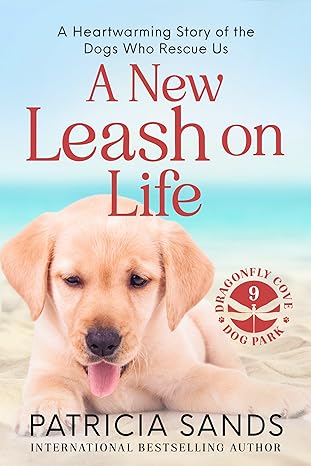Exclamation Evolution
 I love the exclamation mark. I’ve used it, and fairly regularly, for as long as I can remember. I like how it can signal glee, surprise, bemusement; how it can turn a blunt-sounding sentence (in a text, say) into something softer, something more playful.
I love the exclamation mark. I’ve used it, and fairly regularly, for as long as I can remember. I like how it can signal glee, surprise, bemusement; how it can turn a blunt-sounding sentence (in a text, say) into something softer, something more playful.
And I confess I use it in part because I know it ruffles the feathers of some friends who have a drier, more cynical approach to life than I. So I have been known to use one or several in emails or texts to pals who I can picture cringing on reading the upbeat content.
Well – I know several people like this and I love them dearly. There’s no match to dour, dry Scots or Northern English people, whose gruff manner contains a secret well of wit if you hang around with them long enough. These people get upset about things like exclamation marks and smiling face emojis, so of course I’m going to use them to get that kind of reaction. Or I should say, of course I’m going to use them to get that kind of reaction! JJJ (You can see how it would irritate them, right?)
So yes. I use exclamation marks, and I probably overuse semi-colons and brackets and en-dashes. And I don’t always make use of the Oxford comma (that sound you hear is grammar purists and subeditors passing out). Maybe I’m lazy. Maybe I want to break the rules now and then. Maybe, on occasion, perfect grammar just doesn’t fit.
My first book, Show Me Colour, features some sentence structures that might well bother some. Yet the book is about a sudden death and the horrific aftermath of this unexpected bereavement, much of it from a sort of stream-of-consciousness journal I kept at the time. My thoughts were coming from a grief-addled mind so it didn’t make sense to have everything in place and controlled and… correct. I actually think it’s a wonder anyone who suffers a sudden bereavement can string a sentence together at all, at least in those first few mad, hazy months.
But where do we draw the line? I confess that if I see a missing or misplaced apostrophe I am horrified. A café has opened near me – I won’t name and shame it, but it’s a person’s name with no apostrophe – and I can’t bring myself to visit it. Anal or what? Even in our social media-mad world I believe we need some rules in place – for example it’s not acceptable to miss out an apostrophe because it takes up 141 characters on Twitter. Edit the rest of it and, please, fit that poor apostrophe in, and in the correct place.
 I guess everyone – not least a writer – has boundaries regarding what is linguistically acceptable and what is not. I thought I was safe using the exclamation mark, at least to the extent that I thought (if I ever thought about it properly) that it added positively to my communications.
I guess everyone – not least a writer – has boundaries regarding what is linguistically acceptable and what is not. I thought I was safe using the exclamation mark, at least to the extent that I thought (if I ever thought about it properly) that it added positively to my communications.
Then along came one Donald Trump and his endless flurry of Tweets. His use of the exclamation mark (“Huge!”, “MAGA!” Etc) has made my familiar, easygoing punctuation mark go-to, wholly unappealing.
So to what extent should language be allowed to evolve? Prince, possibly my favourite ever pop star, was using text speak way before it was a thing, with songs such as I Would Die 4 U and Nothing Compares 2 U. Beautiful songs, and that playing around with spellings was really cool, though everything Prince did was cool. A few years ago I balked at the idea of using emojis as a normal part of communication, now my WhatsApp messages are littered with the things, like I’m a hyper-active six-year-old. But, they are so colourful and fun to use.
And, if I am allowed to miss out Oxford commas and splatter sentences with exclamation marks when I choose, why shouldn’t President Trump be allowed to use his own style of language and whatever punctuation he fancies? Can there be one rule for me and one for people I do not feel fond of?
I’m not sure of the answer to that. But I know my beloved punctuation go-to has lost its appeal and my use of it has decreased over the past few months. But, dear exclamation mark, I haven’t forgotten you, and hope we meet again soon.
—
Rosalind Gibb lives in Edinburgh, Scotland. She is the author of non-fiction book Show Me Colour: Notes on Love, Loss, Grief and Renewal, published in 2014. Her second book, Build A Fire, out in autumn 2017, is a collection of snapshots, in words and photos, of a trip from Maine to Miami.
A former staff journalist, Rosalind recently set up as a freelancer, working as a writer, editor and publication designer. She also interviews people for oral history projects in and around Edinburgh, and loves hearing people’s – very often amazing – stories.
Downtime treats include frothy coffee, dinner with friends, walks with dog-owning friends, and travelling to new places.
www.rosalindgibb.com
Twitter: @rosalindgibb
Category: Contemporary Women Writers, How To and Tips






